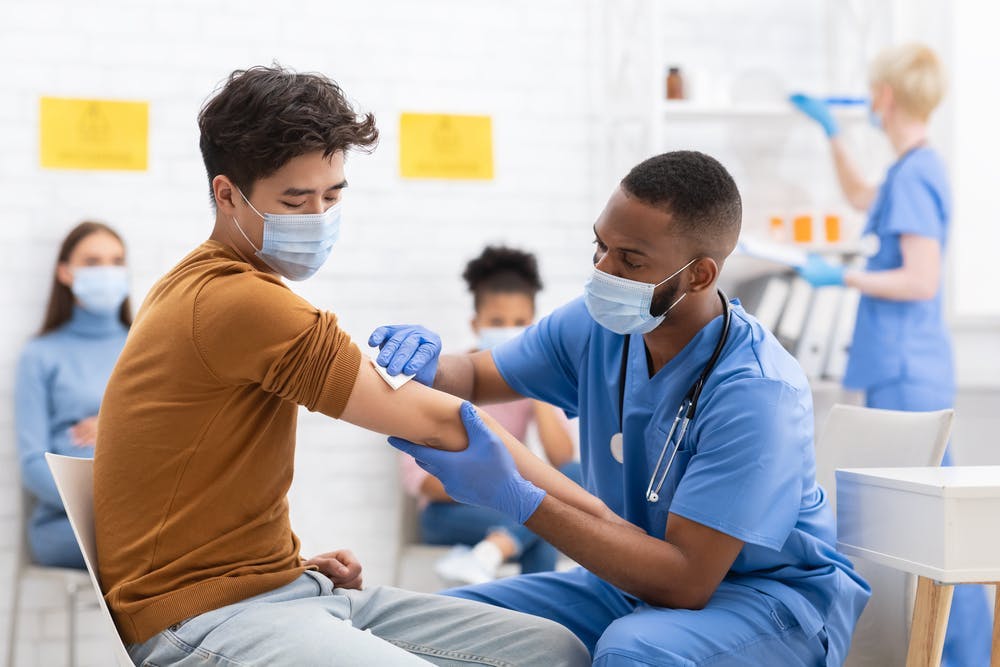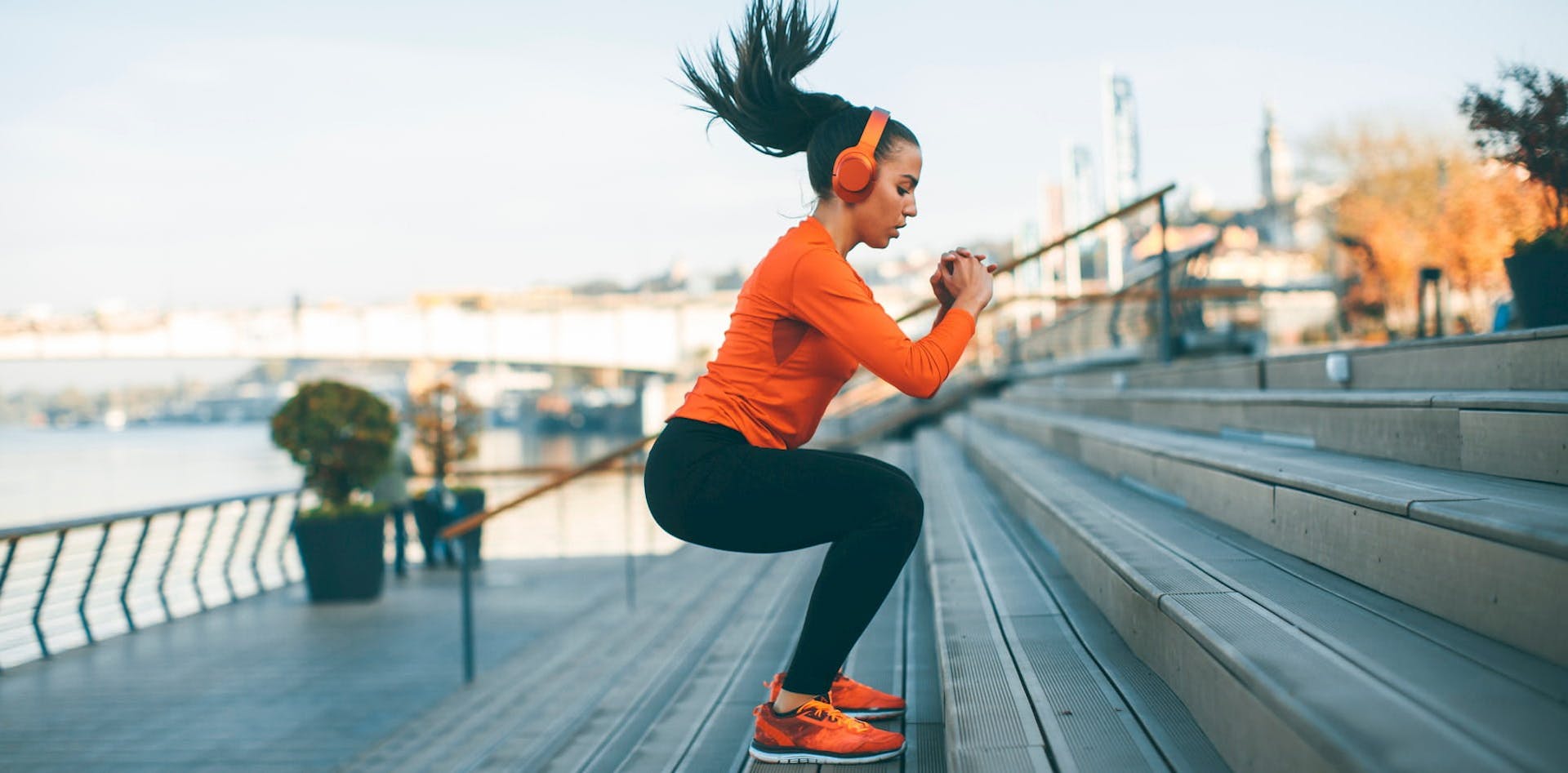Ten essential health tips for safe summer vacations
Before the pandemic, more than 100 million Americans were going on vacation each year, with the majority of people traveling between Memorial Day and Labor Day. Since many of us will begin traveling again in the next few months, we wanted to share ten essential tips for healthy summer travel.
1) Stay safe on the road and in the air.
Whether you’re driving or flying this summer, it’s important to always buckle up!
While seatbelt use is on the rise, the National Highway Traffic Safety Administration estimates that there are still 27 million Americans who don’t wear a seat belt when they’re riding in a car, which results in thousands of preventable traffic deaths each year.
Wearing a seat belt at all times while seated on an airplane can also protect passengers from injuries that occur due to unexpected turbulence.
2) Protect your skin and eyes
Exposure to UV rays accounts for 90% of skin cancer, the most common form of cancer diagnosed in the U.S. each year. Just five sunburns in your lifetime can double your risk of melanoma, the deadliest form of skin cancer. So make sure you apply sunscreen with a higher SPF before going outdoors, and reapply it as needed throughout the day. A helpful tip is to have a packed beach bag ready to go with extra sunscreen and sunglasses. It’s important to protect not only your skin but also your eyes, from harmful UV rays.
3) Stay hydrated
Whenever you’re planning to spend time away from home, it’s important to pack plenty of water, since dehydration happens quickly on warm summer days. In addition to drinking water, you can also eat foods with a high water content, including melons, berries, cucumbers and lettuce.
Patients often ask us how to tell if they’re drinking enough water. As a rule of thumb, if you’re urinating at least every 4-6 hours and your urine is pale yellow, you’re probably drinking enough. However, if you’re thirsty, going for more than 6 hours without urinating, or if your urine is dark, you probably need to drink more so always carry your water bottles.
4) Prevent bug bites and illnesses
Spending time outdoors is often a highlight of summer vacation. However, it puts you at an increased risk of insect and tick bites. These bites are not only uncomfortable; they’re also potentially dangerous since insects and ticks can transmit infections like Zika, Lyme disease, Rocky Mountain Spotted Fever and West Nile Virus.
It’s important to apply an effective insect repellent before spending any time outdoors. If you’re going to be camping, hiking, or doing yard work, consider wearing a long-sleeved shirt and long pants to protect as much of your skin as possible.
5) Pack nutritious snacks
When it comes to snacking, it’s always a good idea to travel prepared! Packing healthy snacks and fresh fruits can save you money, and it can prevent you from making unhealthy choices like fast food and processed foods that are high in fat and sugar.
6) Practice fire safety.
While summer can be a fun time for campfires and fire pits, it’s essential to practice fire safety. More than 400,000 people suffer burns in the U.S. each year, with nearly half of those burns occurring outside.
In order to keep yourself and your family safe, keep matches and lighters out of children’s reach, build campfires only in approved areas, make sure the area around the campfire is free of any tripping hazards, and keep a bucket of water or a hose nearby so you can extinguish the fire immediately if necessary.
7) Bring disinfectant wipes & hand sanitizer.
Summer traveling often entails spending time in airports, amusement parks, hotels and other shared spaces. It’s a good idea to carry hand sanitizer and disinfectant wipes so you can decontaminate any germy surfaces and clean your hands frequently.
8) Avoid driving dangers and stay safe on the road
July and August are the deadliest driving months of the year, due to the increased number of travelers on the road, an increased number of young drivers who are on summer break, and increased alcohol and drug consumption. Most summer car crashes occur from 6-7 p.m. during the week, and most traffic deaths occur on Saturdays.
To stay safe, it’s important to always obey the rules of the road and avoid driving under the influence of any intoxicants. Never text and drive. Always wear your seatbelt. And be vigilant so you can protect yourself from unsafe drivers around you.
9) Be prepared for medical emergencies.
When you’re planning to travel, make sure you prepare for any medical emergencies with a first aid kit. Familiarize yourself with the nearest hospital, and if you’re traveling internationally, make sure you know the phone number to call to reach that country’s emergency services (i.e. their equivalent of our 9-1-1).
Make sure you bring an adequate supply of any prescription medications you’re taking. Bring over-the-counter medicines to treat pain, fevers, allergic reactions, heartburn and diarrhea, as well as supplies to treat minor cuts, burns and other wounds.
10) Limit alcohol consumption to stay safe
Engaging in summertime activities while intoxicated is dangerous and can lead to tragic consequences. For instance, 70% of all water-related deaths in teenagers and adults are alcohol-related. And every 50 minutes, someone dies in an alcohol-related car crash.
Make sure you’re careful about your alcohol consumption so you can have the safest, healthiest summer possible!
We're here to help.
Our urgent care centers are open 7 days a week to help you and your family have the safest summer possible! One final tip, don't forget to pop your ears on take-off and landing to avoid airplane ears.
Written by Sarah Thebarge, Physician Assistant on June 14th 2024


